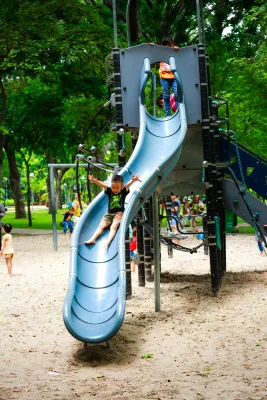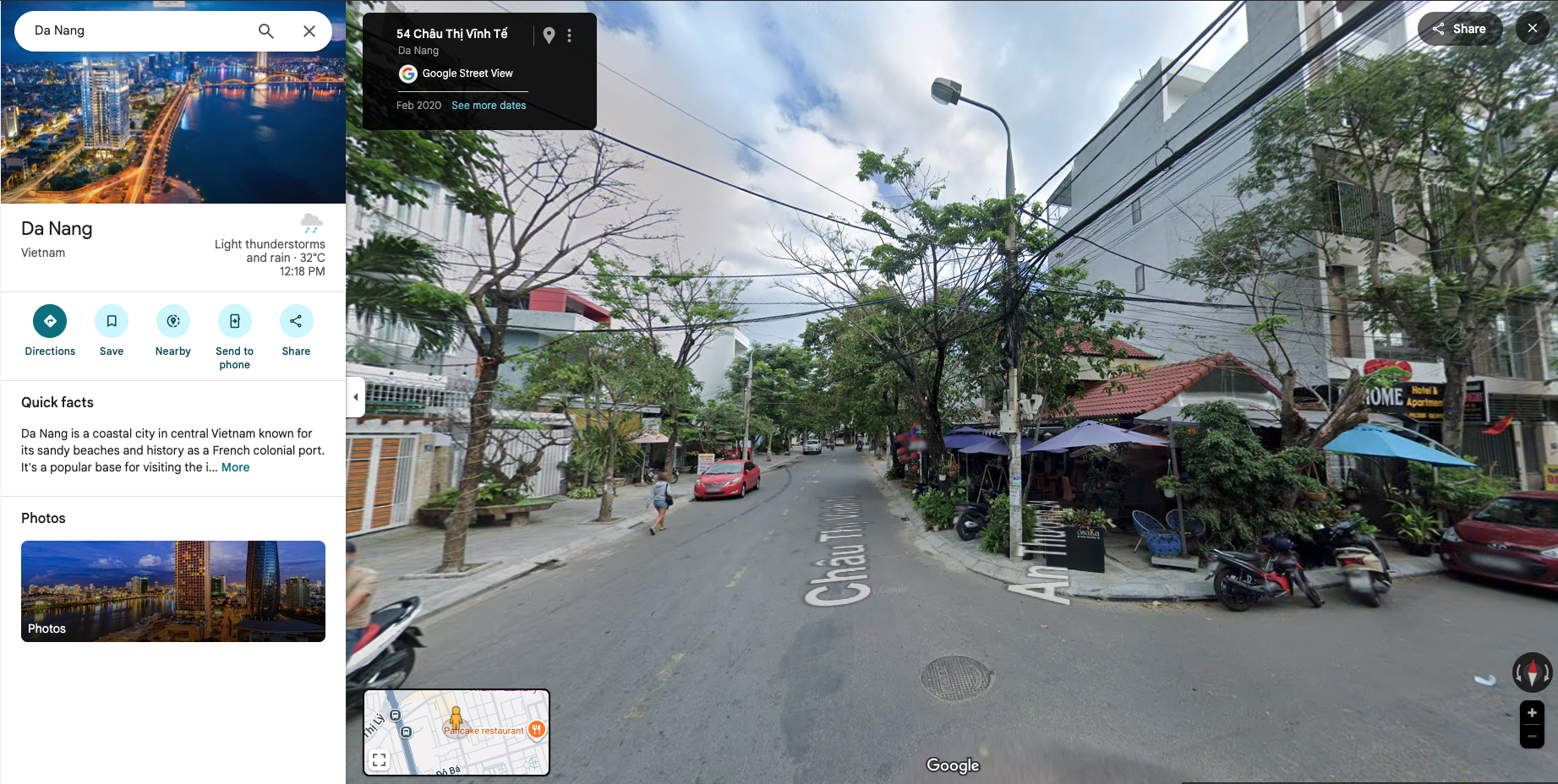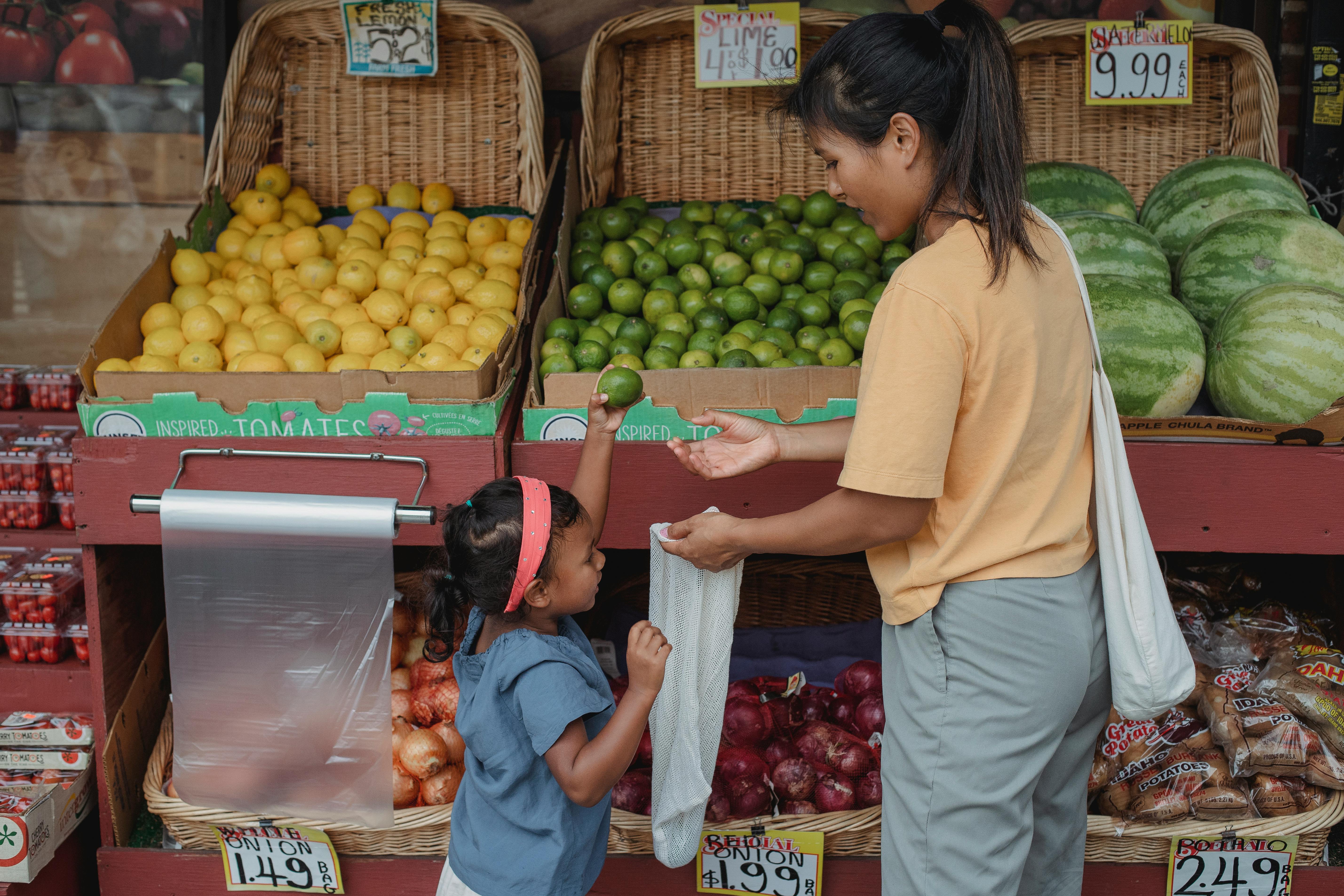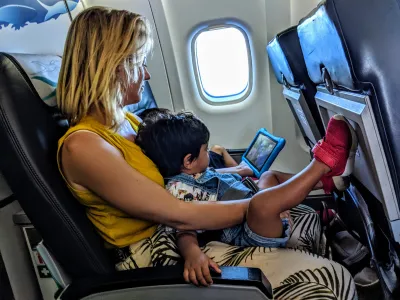
Tips for Choosing Family-Friendly Neighborhoods for Your Next Trip
Where you stay on a family trip isn’t just about finding a comfortable place to sleep—it can shape your entire experience. The right neighborhood means stress-free mornings, easy access to kid-friendly activities, and a safer, more enjoyable time overall. But the wrong one? Picture overpriced tourist traps, constant noise, or being stuck miles from basic necessities.Whether you’re planning a weekend getaway or settling in for a few months, picking the best area to stay takes a bit of thought. Here’s how to find the right fit for your family’s travel style, budget, and needs.
1. Consider What You Need and How Long You’re Staying
Before you start searching for accommodations, take a moment to define what’s most important for your trip. Your priorities will likely depend on how long you’re staying and your family’s lifestyle.
Short-Term Stays (A Few Days to a Couple of Weeks)
- Convenience is key – being close to major attractions, public transport, and family-friendly dining makes everything easier.
- Budget may be less of a concern since you’re only paying for a few nights.
- A tourist-heavy area may not be a dealbreaker—sometimes staying near the action makes sense for a short visit.
Long-Term Stays (A Few Weeks to Several Months or More)
- Cost becomes a bigger factor—staying further from the city center can save a lot of money.
- A sense of community matters—look for neighborhoods where you can connect with locals or other expat families.
- Access to everyday essentials like schools, grocery stores, playgrounds, and coworking spaces is more important than proximity to tourist attractions.
Once you know your priorities, it becomes easier to narrow down the right neighborhoods for your stay.

A little research goes a long way in finding a neighborhood that fits your needs.
Use Google Street View to Get a Feel for the Area
Don’t just rely on listing photos—take a virtual walk around the neighborhood using Google Street View. This lets you check out:
- Sidewalks (a must if you have a stroller or young kids).
- Proximity to grocery stores, parks, and public transport.
- The general vibe—is it clean and well-kept? Bustling or quiet?
Look for Family-Friendly Amenities
The best areas for families have parks, playgrounds, and open spaces where kids can burn off energy.
Check Online Reviews & Forums
Look at reviews from other traveling families on TripAdvisor, Airbnb, and Facebook groups. Local expat or digital nomad communities can also give great insights on where families tend to stay.
Prioritize Safety
Check local crime reports and government travel advisories to ensure the neighborhood is safe. If traveling long-term, expat forums can help you gauge which areas are secure and family-friendly.
3. City Center vs. Suburbs: Finding the Right Balance
One of the biggest decisions you’ll make is whether to stay in the heart of the city or further out.
Staying in the City Center
- Convenient access to attractions, restaurants, and transport.
- Walkability—less reliance on cars or public transport.
- Typically more expensive.
- Can be noisy and crowded.
Staying Further Out (Suburbs or Residential Areas)
- Lower accommodation costs—you often get more space for your money.
- A more authentic local experience—fewer tourist traps, more interaction with residents.
- Safer and quieter, especially in family-oriented neighborhoods.
- Longer commute times to major attractions.
- May require a car or reliance on public transport.
For long-term stays, suburbs or residential areas often provide a better quality of life, especially if you need access to schools, coworking spaces, or a community of other families.
4. Finding a Community: The Importance of Social Connections
If you're staying for a while, having a support network can make all the difference.
Expat & Digital Nomad Communities
- If you want to connect with other traveling families, look for areas where expats tend to live.
- Facebook groups, Meetup, and local expat websites can help you find family-friendly neighborhoods with a strong international presence.
Local Parenting Groups & Kids’ Activities
- Libraries, community centers, and playgroups can be great places to meet other families.
- If homeschooling or worldschooling, check for nearby homeschooling co-ops or learning hubs.
5. Everyday Conveniences Matter
Access to Schools
- If you’re staying long-term and need schooling options, research international schools or local schools that accept foreign students.
- Some areas have strong homeschooling or unschooling communities, which may be important if you’re worldschooling.
Coworking Spaces & Work-Friendly Cafés
- If you or your partner work remotely, staying near a good coworking space can be a big plus.
- Some areas are digital nomad hotspots, offering strong Wi-Fi, networking events, and family-friendly workspaces.
Grocery Stores & Restaurants
- Staying near a supermarket makes everyday life easier, especially if you prefer cooking some meals to save money.
- Local markets and bakeries often provide affordable, fresh food options.
Healthcare & Pharmacies
- Knowing where the nearest hospital, clinic, or pharmacy is can provide peace of mind.
- If traveling internationally, check if there are English-speaking doctors in the area.
Laundry Facilities
- Long-term travelers will appreciate an in-unit washer or nearby laundromat—unless you want to spend your trip hand-washing socks in the sink.
6. Balancing Budget and Convenience
Your budget plays a big role in where you stay, but cost shouldn't be the only factor.
Cost vs. Location Trade-Off
- Staying in the city center is often more expensive but saves money on transportation.
- Suburban or less touristy areas can offer more space for the same price, but you’ll need to budget for transport costs.
Off-Peak Discounts
- If your travel dates are flexible, you can save money by booking during off-peak seasons.
Long-Term Rental Discounts
- Many Airbnb hosts and serviced apartments offer discounts for weekly or monthly stays—sometimes up to 30–50 percent off the nightly rate.
Final Thoughts: What’s the Right Fit for Your Family?
Choosing the perfect neighborhood depends on your family’s travel style, budget, and priorities. Ask yourself:
- How long are we staying? Short-term visitors may prefer convenience, while long-term travelers should prioritize cost, community, and amenities.
- Is budget more important than convenience? Would you rather save money by staying further out, or pay more to be in the heart of the city?
- Do we want to be surrounded by locals or other expats? Some families thrive in international communities, while others prefer a more immersive local experience.
- Do we need access to schools, coworking spaces, or kids' activities? For long-term stays, these factors can be make-or-break.
By weighing these factors—and using tools like Google Street View, local forums, and safety reports—you can find the best neighborhood for your family’s adventure.What’s your favorite family-friendly neighborhood you’ve stayed in? Share your tips in the comments!









No comments yet…